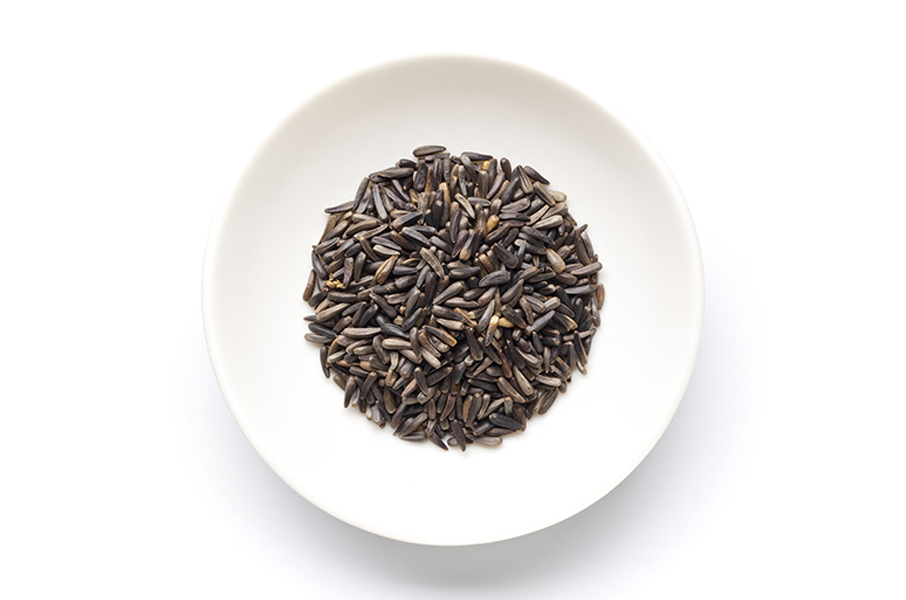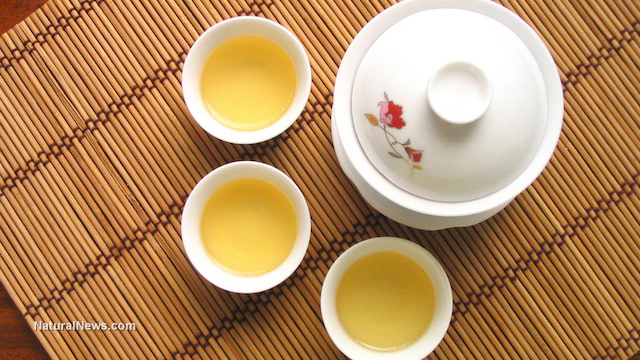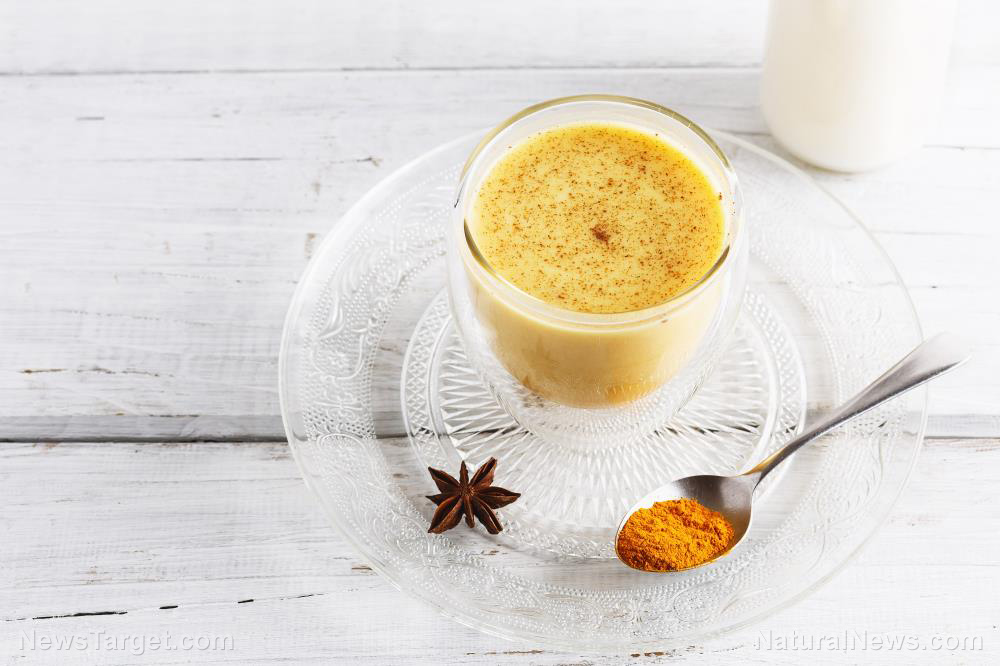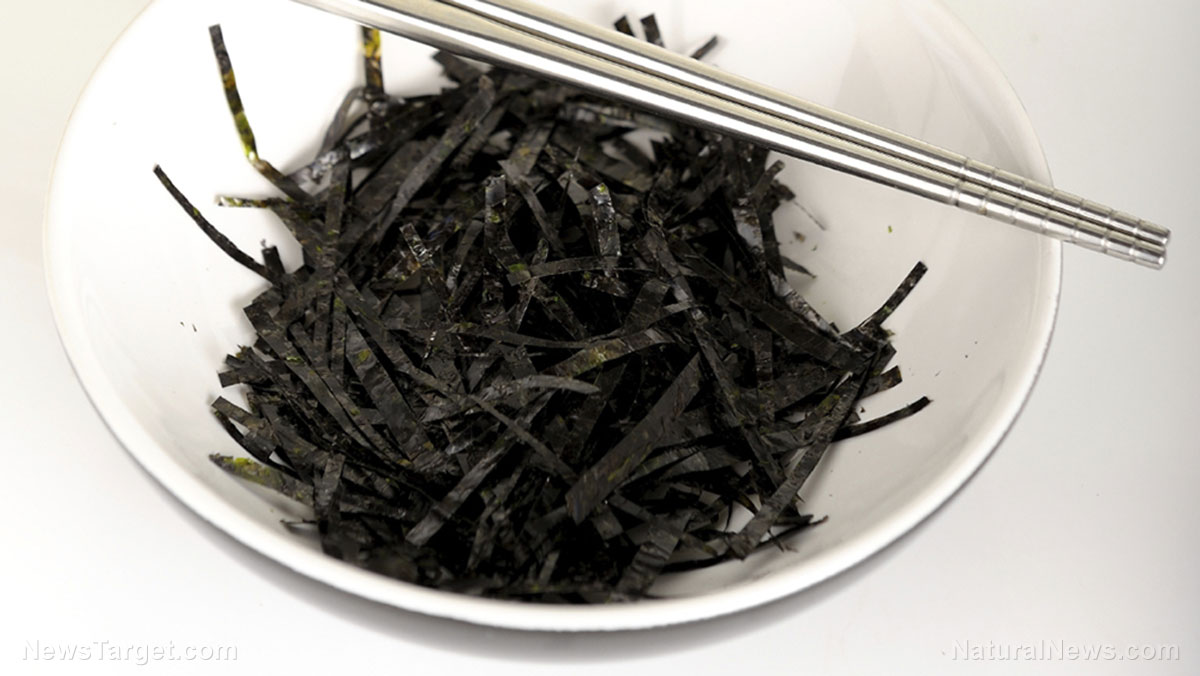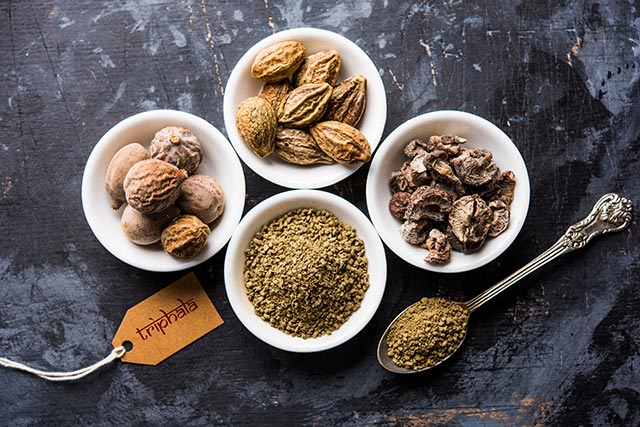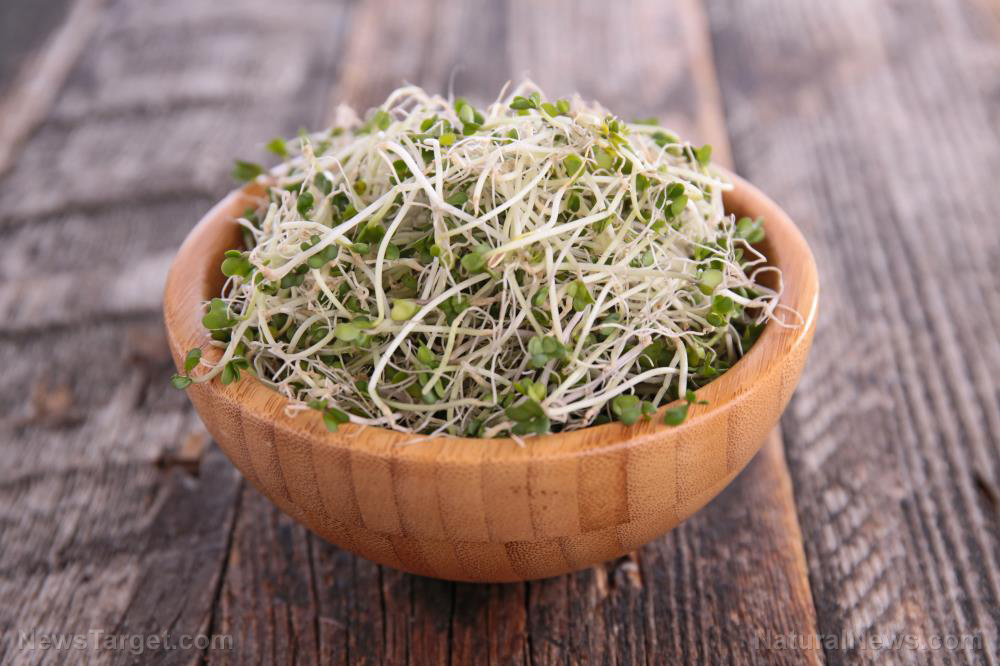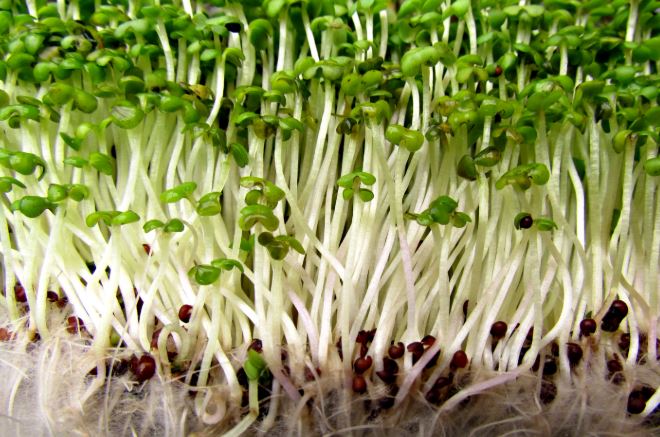Turmeric: 6 Medicinal benefits and home remedies
04/21/2020 / By Divina Ramirez

Turmeric is the gold standard in superfoods due to the range of health benefits it can offer, from improving brain function to lowering the risk of cancer.
This aromatic spice owes most of its wonderful medicinal effects to curcumin, the anti-inflammatory compound that gives turmeric its distinct yellow-orange hue.
Here are six incredible health benefits of this beloved golden spice.
Enhances immunity
One of the most popular health benefits linked to turmeric and curcumin is enhanced immunity. Since curcumin has strong antioxidant and anti-inflammatory effects, it helps fortify the immune system against harmful pathogens. Curcumin also helps prevent cellular damage caused by free radicals, which can eventually lead to chronic diseases.
Improves brain functions
Curcumin is also known to boost brain functions like memory and learning. It helps stimulate the production of proteins and hormones that maintain cognitive health, such as the brain-derived neurotrophic factor (BDNF). Due to its effects on the brain, curcumin can potentially minimize the risk of cognitive disorders like Alzheimer’s disease.
Supports cardiovascular health
As an anti-inflammatory agent, curcumin helps eliminate cholesterol plaque along arterial walls, a known risk factor for heart disease and heart attack. Curcumin also works to ease constricted blood vessels that cause high blood pressure.
Lowers the risk of cancer
Curcumin also has anti-cancer activities that help inhibit cancer cell growth. As a potential anticarcinogen, curcumin may even prevent the growth of new blood vessels in tumors. (Related: Turmeric shows promise as a natural treatment for cancer.)
Relieves arthritis
Turmeric’s anti-inflammatory effects are also potent against arthritis, a condition typically marked by swollen and inflamed joints. Many studies also show that turmeric is a more effective treatment for arthritis than synthetic anti-inflammatory drugs.
Improves longevity
Inflammation can greatly affect longevity and heighten the risk of chronic conditions later in life, such as Alzheimer’s disease, heart disease and cancer. Regular consumption of turmeric, especially when coupled with a balanced diet and an active lifestyle, can help delay aging, minimize the risk of chronic conditions and increase life expectancy.
Home remedies with turmeric
Like most spices, turmeric is highly versatile. Although you can cook with it, you can also create home remedies that make liberal use of turmeric. Here are three turmeric-based remedies that you can easily make in less than five minutes.
Turmeric tea
Turmeric tea is an excellent remedy for seasonal allergies and the common cold. To make turmeric tea, mix turmeric powder, water, ground pepper and olive oil until you have a paste. In a saucepan, heat water and a pinch of grated ginger, then add the turmeric paste and allow the mixture to boil. Mix in the juice of one lemon and strain the mixture. Drink turmeric tea at least twice a day until symptoms like sore throat, nasal congestion and dry cough subside.
Turmeric milk
Turmeric milk is a good child-friendly alternative to turmeric tea. It also helps in blood purification and liver detox. To make turmeric milk, create turmeric paste again and set it aside. Place a saucepan on medium heat and add enough water to cover the bottom. Mix in grated ginger and then add milk, turmeric paste, ground pepper and ground cardamom. Allow the mixture to boil and add palm sugar, a natural sweetener. Once the palm sugar has dissolved, strain the mixture into a glass and serve.
Turmeric scrub
You can also use turmeric paste as a natural facial scrub or face mask. Mix ground turmeric and almond oil, and toss in chickpea flour to add texture to the paste. This will help slough off dead skin cells and bacteria when you work the paste into the skin. Stir the mixture until it no longer has lumps and add milk. Stir until it forms a smooth paste. Use the paste as a natural face cleanser, a facial scrub or a face mask.
Turmeric is a popular remedy for various ailments including colds, arthritis and heart disease. Add it to dishes or use it to create homemade remedies like teas and scrubs.
Sources include:
Tagged Under:
RECENT NEWS & ARTICLES
COPYRIGHT © 2017 SUPERFOODS NEWS

